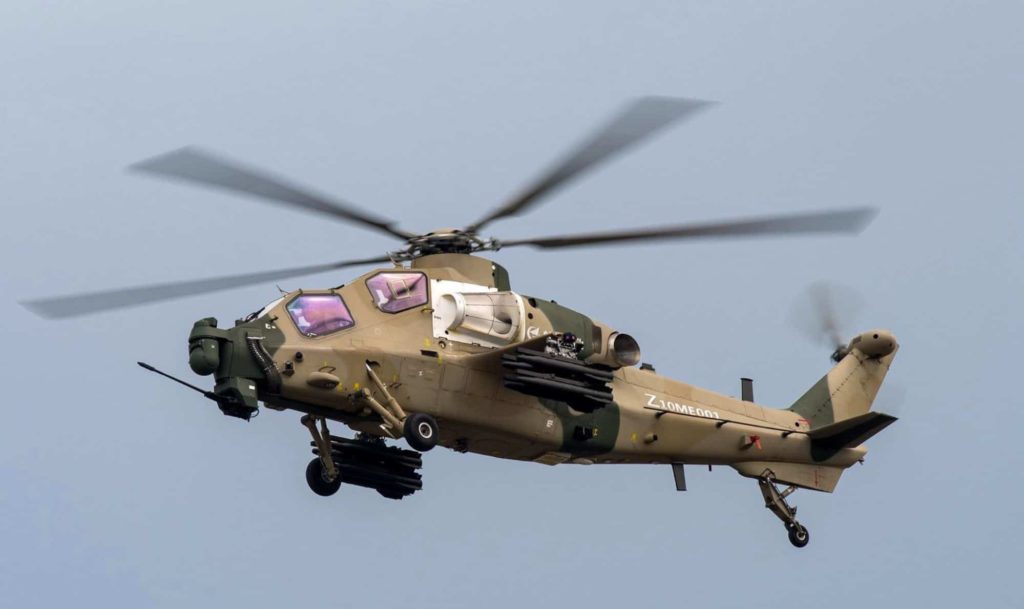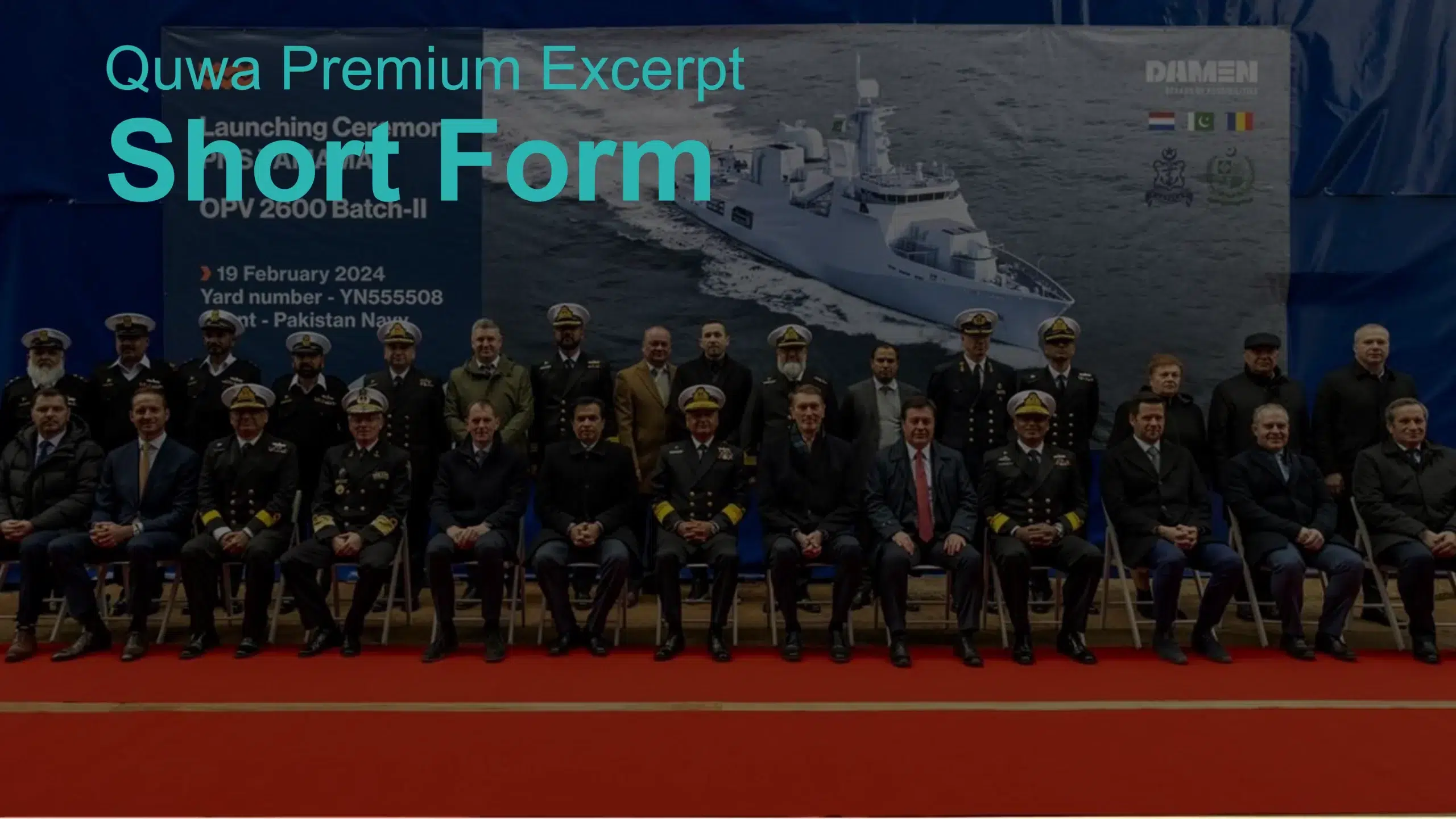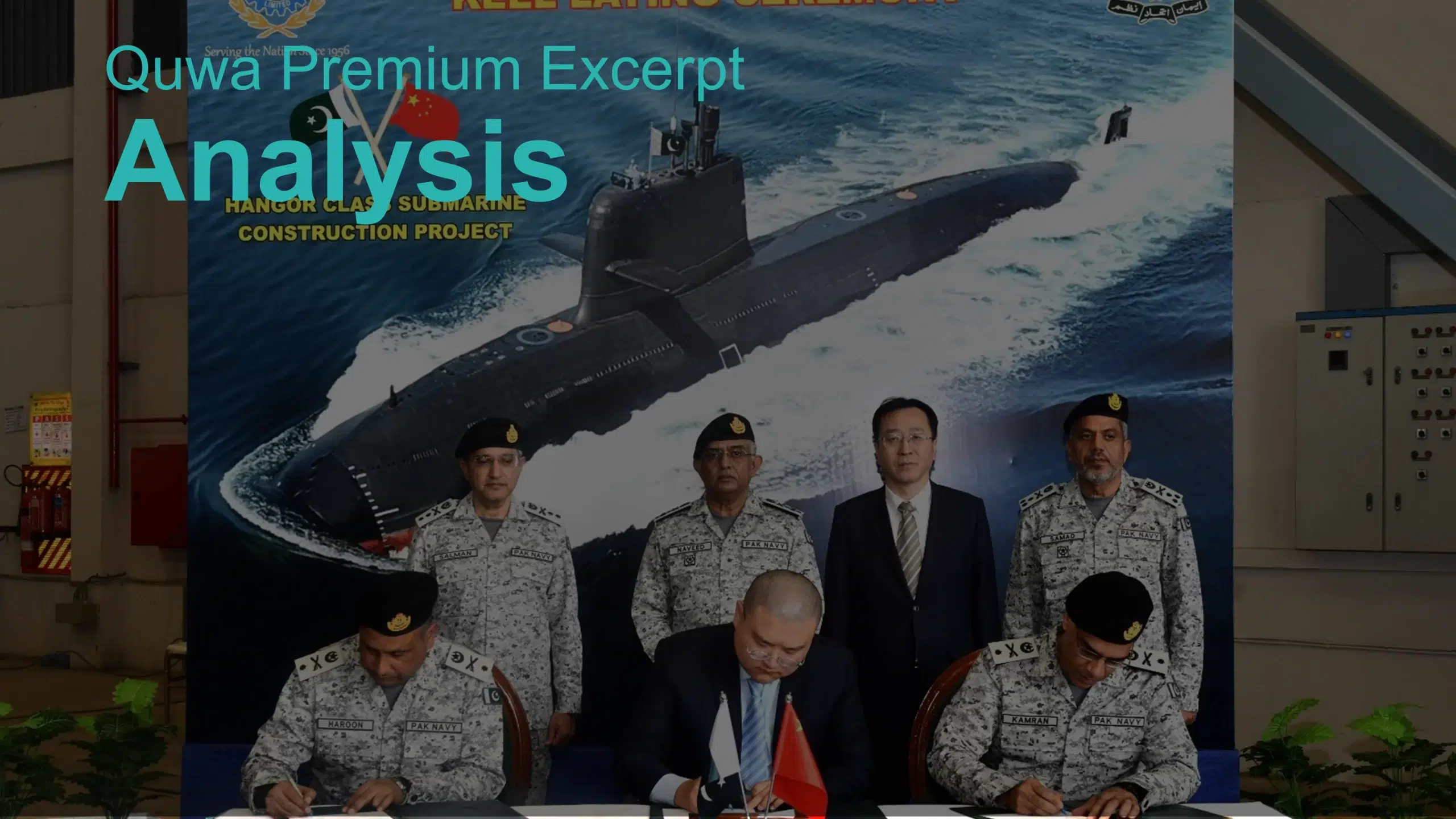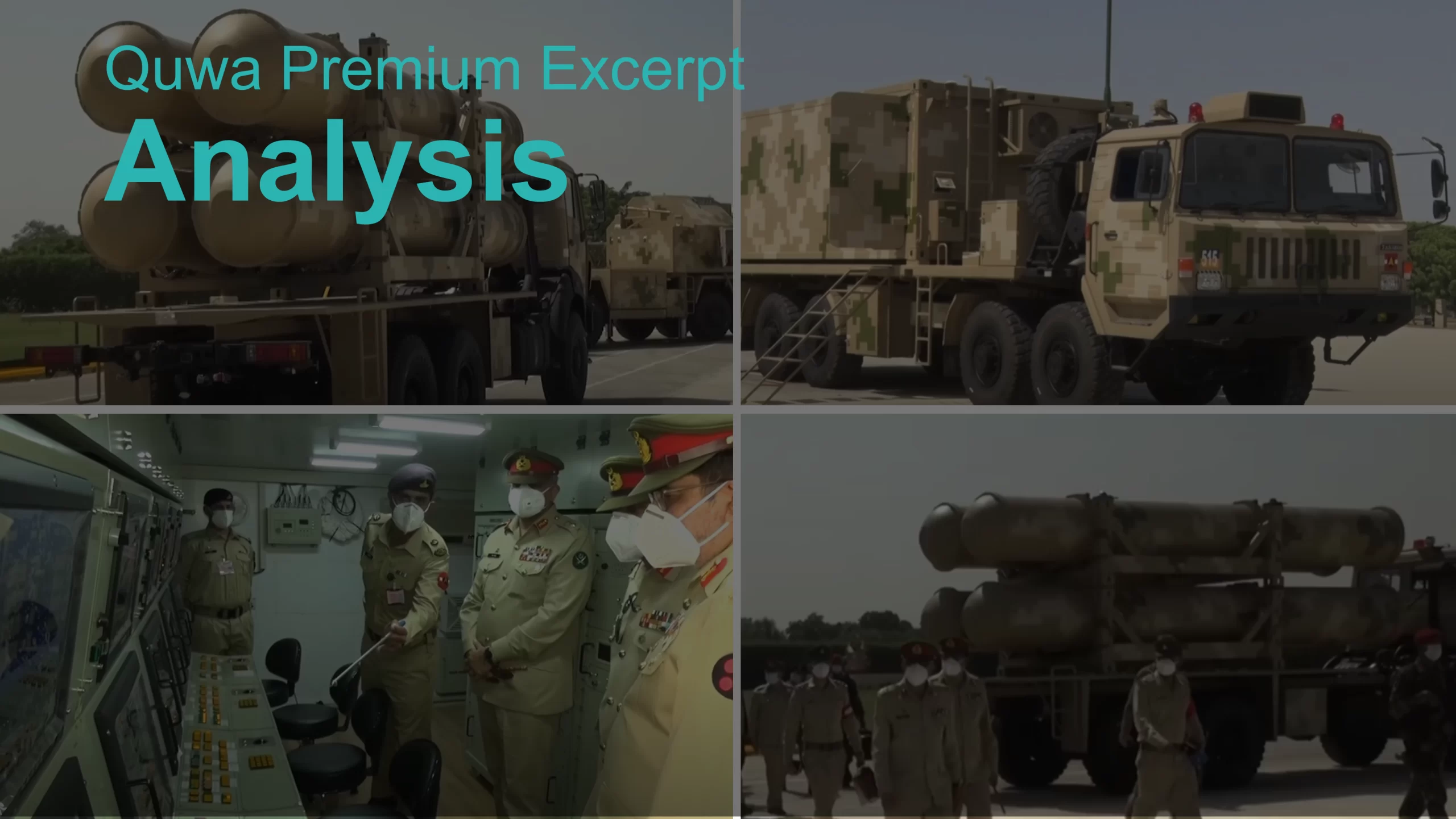On 20 September, the Chinese news daily Global Times reported that recent photos of an apparently new Z-10 attack helicopter variant were those of the Z-10ME, an improved variant of the Z-10 manufactured by the Changhe Aircraft Industries Corporation (CAIC) in Jiangxi, China.
The Z-10ME reportedly incorporates a new, higher-output turboshaft engine – 1200 kW versus 935 kW – over the People’s Liberation Army (PLA) Z-10.
In fact, it is believed that the Z-10ME is being marketed for export. In early 2018, it was reported that the Z-10ME would include “heavier armor and improved electrical systems.” It is possible that CAIC developed the Z-10ME in response to the results the Z-10 had produced during its trials in Pakistan in 2016.
Quwa Premium: How ITAR Impacts Pakistan’s T129 ATAK Purchase from Turkey
We examine how ITAR (International Traffic in Arms Regulations), a US regulatory restriction on the sale of sensitive and military equipment, could affect Pakistan’s purchase of 30 T129 attack helicopters from Turkey | Read More.
Notes & Comments:
The Pakistan Army had originally settled on 12 AH-1Z and 30 T129 attack helicopters to drive its efforts to supplant its aging AH-1F/S Cobras. However, the cancellation of Foreign Military Financing (FMF) as well as Coalition Support Funding (CSF) had resulted in the AH-1Z deal being put on hold (if not shelved).
The T129s are in a less tenuous position, though analysts are cautious due to the fact that the US can also opt to withhold the transfer of its engines to Turkey and/or Pakistan. However, there are no official signs of this block occurring at this time. Pakistan inked a contract for 30 T129s in July.
In either case, the availability of the Z-10ME could offer a substantive alternative. Besides improvements in its range (and hopefully, payload capacity), the Z-10-series draws on a critical advantage – scale. China’s significant domestic requirements will have distributed the Z-10’s research and development overheads across many units, thus potentially bringing the cost of each helicopter closer to the direct costs of labour, materials and manufacturing services in China. In other words, the Z-10ME could be a lower-cost option.
It will be interesting to see if the Pakistan Army would opt for the Z-10ME while still procuring the T129. The T129, while it had beat-out the Z-10 as part of a ‘plus-one’ tender to complement the AH-1Z, the loss of the AH-1Z would leave a gap in the heavyweight segment. The alternative to the AH-1Z could be to buy additional T129s (assuming there are no supply-side issues) or procure a different platform.
One idea could be to allocate the T129s for use in high-altitude theatres (where it had excelled during the trials of 2016), while procuring the Z-10ME – ideally at lower acquisition cost – for anti-armour operations in Sindh and Punjab. Reports of improved armour/protection would be a plus.




